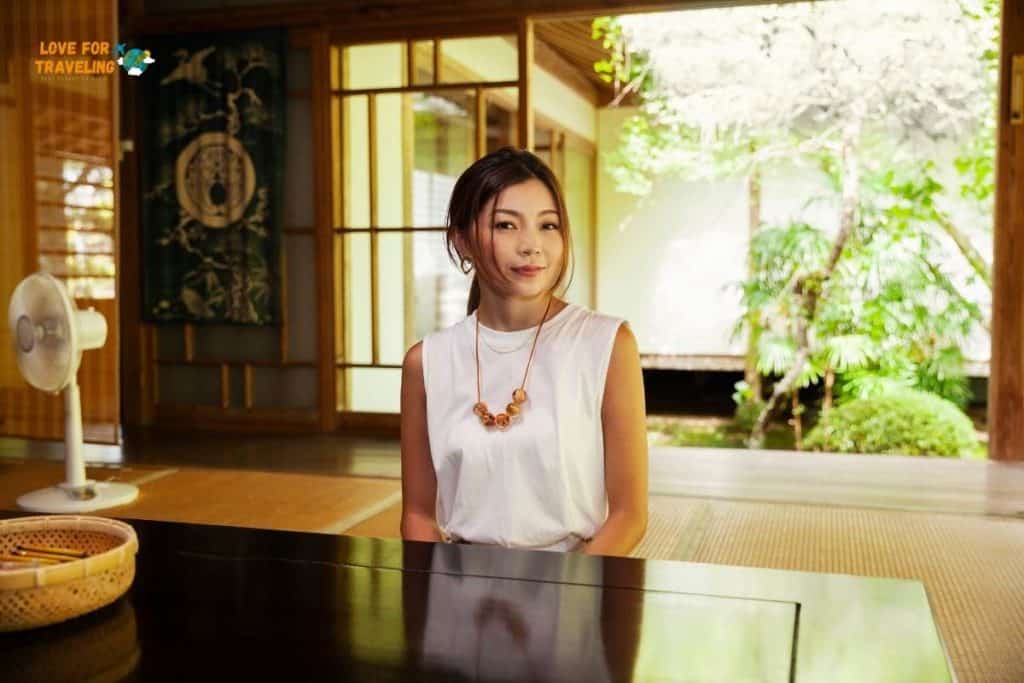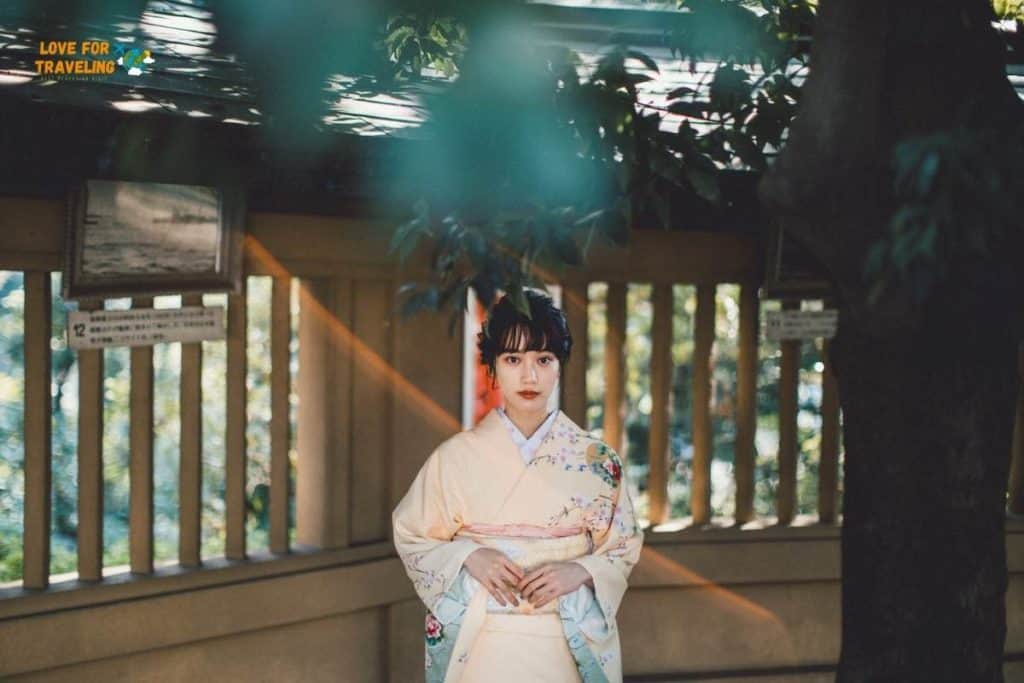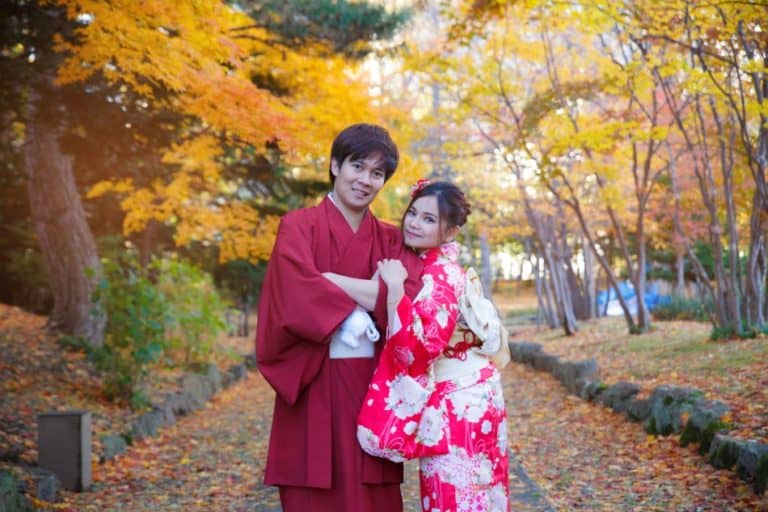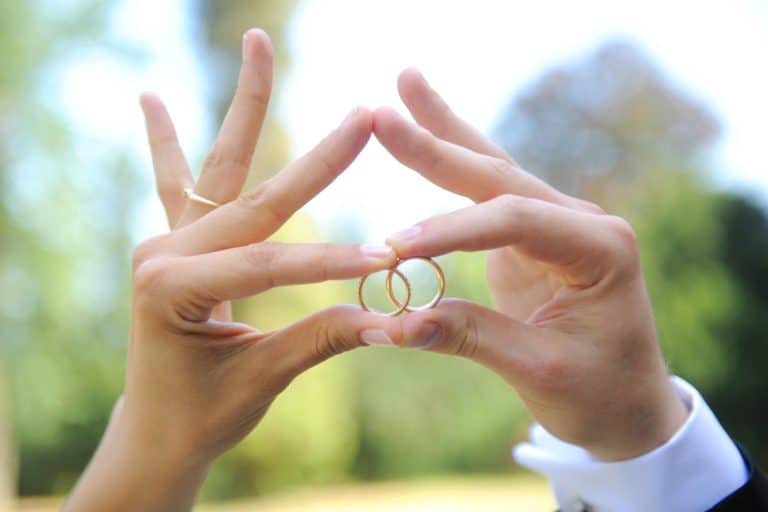How Many Wives Can You Have in Japan?
Japan has a reputation as being a very family-oriented society.
In the past, It was typical for men to have more than one wife to improve their social standing in history. Monogamy is the norm today, and families are no longer obligated to have multiple wives just to impress others.
According to historical tales, men have been known for having multiple wives, but they’re rare in actual practice. In most cases, men only have one wife.
Is Polygamy allowed in Japan?

If you’re wondering whether multiple wives are legal, the answer is no! In Japan, it is against the law to have multiple wives. Only one wife is allowed in the marriage.
You cannot have multiple wives because having more than one wife is illegal. It’s known as polygyny and was banned a very long time ago. Though there were exceptions at different times, it has become rare today.
There are no regions in Japan where you could have multiple wives. In the past, some areas allowed it but later banned it.
Why is Polygamy illegal?
Polygamy is illegal because it violates human rights. This is known as polygyny when a man has more than one wife. It’s also called plural marriage or bigamy.
The Japanese consider monogamy the best form of marriage because it creates peace and order in society. A man cares for his wife and children in a stable environment.
If a man had more than one wife, he couldn’t adequately provide for them or do his job. He would also divide his love between multiple women, with none satisfied.
It’s also considered an abuse of power when a man has several wives. In Japan, marriages are equal partnerships between men and women.
Wives in Japan are not considered property.
Though women’s value is high in Japan, wives are not considered property. Women have a lot of rights, and they should be respected as individual beings. A man cannot own another woman or dominate their life.
If you’re considering having more than one wife, it’s essential to consider the consequences. A man’s love for his first wife is divided between the other wives. Because of this, they will not receive enough affection and will be dissatisfied with their lives.
The couple may also become poor because the man’s income is spread between several families. While they’ll always have food, providing other necessities like shelter and clothing may be much more difficult.
Marriage in Japan

Two types of marriages are permitted in Japan: regular and official.
Traditional marriage is performed at a city office or town hall with a public official and two witnesses. The couple must then register their marriage at the local government office. After that, they can hold a wedding ceremony to celebrate their marriage.
Official marriage is the same as traditional marriage but involves religious elements. It takes place in a Shinto shrine or Buddhist temple, with officials from the shrine/temple and two witnesses. Afterward, the couple must visit the city hall and register their marriage.
Religious weddings may occur any time after the official registration of a marriage, whereas traditional weddings can only be held on specific days of the year.
There are three benefits to having an official marriage: additional insurance coverage, a lower income tax rate, and your spouse can receive your pension after you die.
What About divorce in Japan?

In Japan, it is only possible to obtain a divorce for adultery or if at least one spouse has their parental rights revoked.
Divorce by mutual consent is also allowed, but both spouses must agree on each condition. They’ll have to file for divorce on their terms through the courts if there are disagreements.
Some couples also choose to live separately without filing for a divorce. These unofficial marriages are typically formed after one spouse has passed away.
Both parents must agree on custody arrangements if the couple has children under 20. If both parents can’t approve, the court will decide for them.
It is common for divorced women to keep their maiden and ex-husband’s family names in Japan. Women who remarry are not allowed to do this; they automatically gain their new husband’s family name.
Divorce can be expensive and take a long time, depending on how many issues must be resolved before the judge. However, some couples live together without filing official papers for long periods.
Can relatives marry in Japan?
The short answer is “No.” Article 750 of the Japanese civil code forbids marriages between relatives by blood. However, there are some loopholes to this rule.
Adopted relatives
In Japan, a family is defined by its house. Someone who moves to another place, especially after obtaining a legal adult identity at 20, is not legally considered a new house member.
Therefore, even if you divorce and remarry again, you can’t marry your divorced husband or wife because your ex-spouse has become a member of your ex-in-law’s house.
However, if you adopt someone, they will legally become a member of your family and, thus, your relative. You can marry an adopted child, parent, or grandparent even if it would be illegal because the person has not been born into this new “house.”
For example, in Japan, you can’t marry your sibling (brother or sister) because he or she is automatically considered a member of the family into which he or she was born.
However, if I adopt my brother and move him to my new house, even if we were full biological siblings previously, we are only legally adopted relatives.
It is relatively easy to conclude that marrying one’s sister is illegal in Japan under current law. However, there was a time when things were different.
What About Cousins?
As you can see from this article, you may still marry your cousin in Japan.
According to Japanese law, you are not considered a sibling if your parents are cousins.






